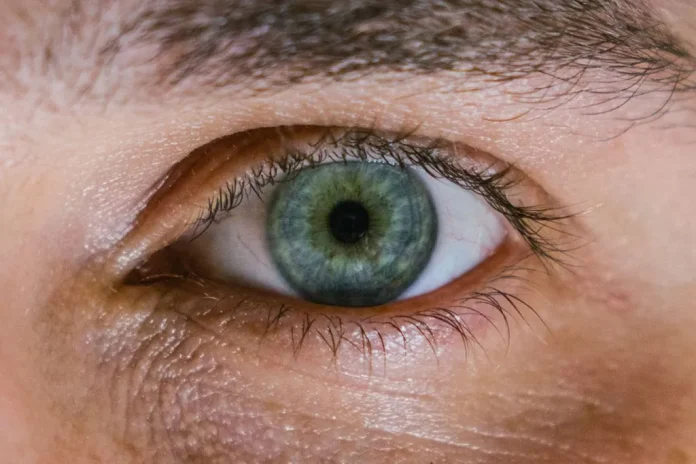Company targets Phase 3 trial in 2024 after wet AMD treatment achieves ‘statistical non-inferiority’ compared with aflibercept in Phase 2.
Retinal health biotech EyePoint Pharmaceuticals (NASDAQ: EYPT) has closed an underwritten public offering of shares of its common stock, raising gross proceeds of approximately $230 million. The company, which develops therapeutics for serious retinal diseases, plans to use the new funding to advance its treatment for wet age-related macular degeneration (wet AMD) through two pivotal Phase 3 clinical trials.
Wet AMD is a leading cause of irreversible vision loss in individuals over 60. While some treatments exist, EyePoint says that the dosing frequency and associated burdens lead to potential patient noncompliance and further vision loss.
“Wet AMD is a prevalent and progressive lifetime disease,” said Dr Carl Regillo, Chief of Retina Service at Wills Eye Hospital. “With frequent treatment, patients can maintain their visual acuity, but the unfortunate reality is that many patients end up undertreated due to the burden of dosing of the currently available, short-acting anti-VEGF therapies.”
EyePoint’s lead compound, EYP-1901, aims to address these challenges by reducing treatment burden and improving patient outcomes. EYP-1901 is a sustained delivery treatment for wet AMD, combining vorolanib, a tyrosine kinase inhibitor, with Durasert E, the company’s proprietary sustained intraocular drug delivery technology.
Positive Phase 2 results
EyePoint’s stock surged recently after the company announced positive topline results from its Phase 2 trial of EYP-1901 in wet AMD patients. The trial successfully met its primary endpoint, demonstrating statistical non-inferiority in change in best corrected visual acuity (BCVA) compared with control (aflibercept). Secondary endpoints were also achieved, including a greater than 80% reduction in treatment burden. The topline interim results also showed a low patient discontinuation rate of 4% up to week 32.
“I am very encouraged by the data generated from both the Phase 1 DAVIO and Phase 2 DAVIO 2 trials with the latter showing essentially no difference in visual outcome at the blended six-month endpoint from a single injection of EYP-1901 compared with on-label, bimonthly aflibercept injections,” said Regillo. “Based on the meaningful reduction in treatment burden and supplement-free rates observed, along with the consistently favorable safety profile, I believe that EYP-1901 could be a paradigm shift in how patients with wet AMD are treated.”
EyePoint says that positive data from the Phase 2 trial supports the progression of the wet AMD program to Phase 3 pivotal trials anticipated to begin next year.
“Since EYP-1901 achieved statistical non-inferiority to the aflibercept control in this trial there is potential for meaningfully lower sized and lower cost pivotal Phase 3 trials,” said Dr Jay S Duker, CEO of EyePoint. “The 32-week topline DAVIO 2 data strongly supports our planned Phase 3 non-inferiority design, consistent with the FDA’s recent guidance for wet AMD clinical trials. We look forward to continuing our dialogue regarding our Phase 3 plans with the FDA as we prepare to initiate our first pivotal trial for wet AMD in the second half of 2024.”
Looking ahead, EyePoint is on track to reach additional clinical milestones with EYP-1901 in 2024, including the initiation of a Phase 2 trial in diabetic macular edema (DME) and the readout of topline data from the Phase 2 PAVIA trial in non-proliferative diabetic retinopathy (NPDR).


